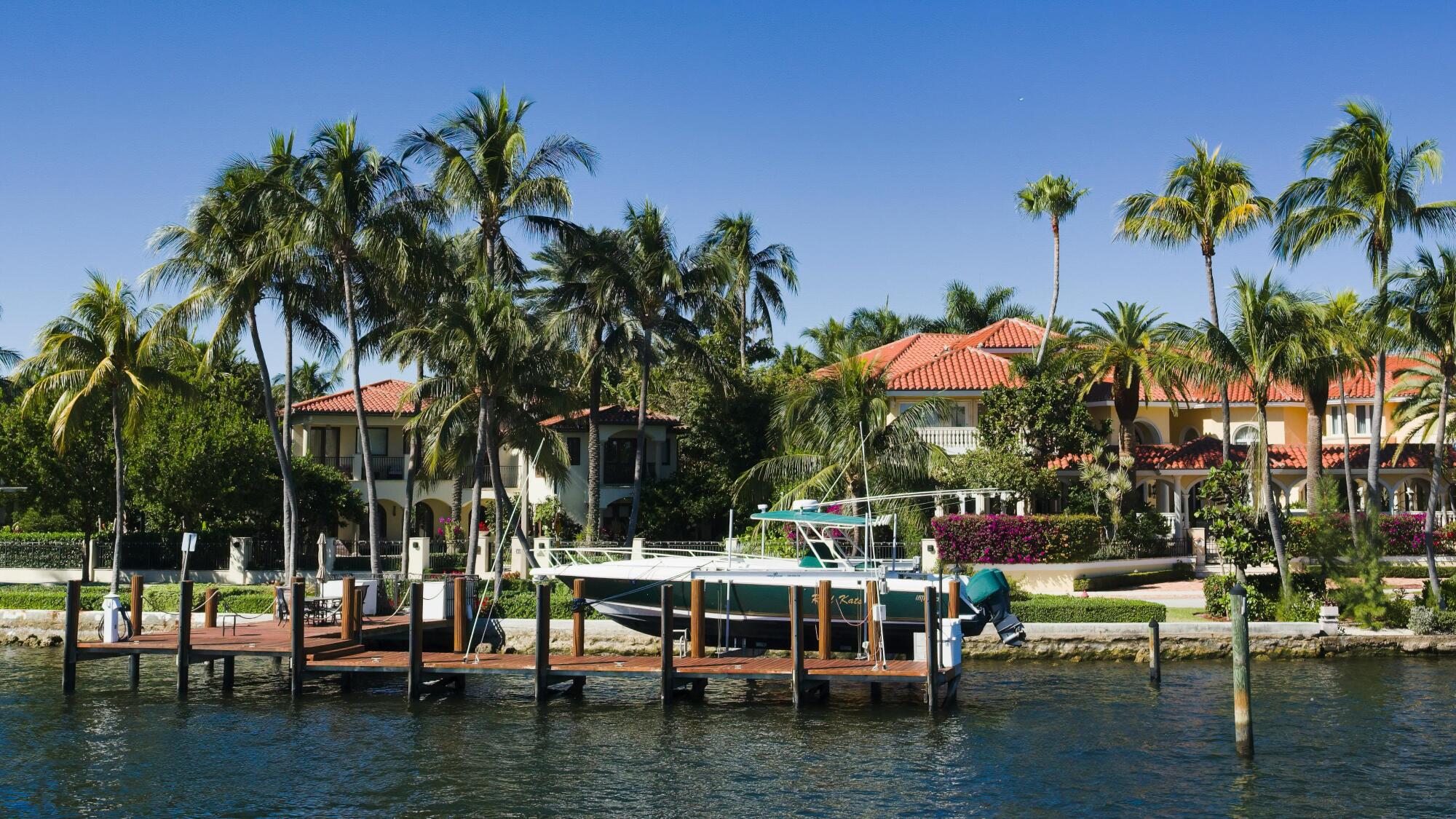According to the Massachusetts Institute of Technology, legal documents are deliberately written in convoluted "legalese" to make the text seem more authoritative; unfortunately for landlords, this makes the legal considerations for vacation rentals quite difficult to understand.
Are you a local landlord trying to understand Short-term rental laws in Fort Lauderdale? Read on to learn more about complying with vacation rental rules.
Zoning and Licensing Rules
Vacation rental regulations in Fort Lauderdale mean rental properties are only allowed inside designated zones. If you own property outside one of these areas, you simply can't offer vacation rentals.
If you do have a property in an authorized zone, you'll still need to fulfill other requirements before you're cleared to rent to vacationers. According to the City, you'll need a rental license which has to be renewed every year, and might also have to allow city representatives to inspect your property.
Tax Requirements
The legal requirements for vacation homes in Fort Lauderdale also mean fulfilling certain tax obligations. According to Steadily Landlord Insurance, you'll need to pay the following taxes:
- The Broward County Tourist Development Tax requires you to obtain 6% of the rental charge from your guests
- The Florida state sales tax, which is 6% of the rental income
- There's also a discretionary surtax of 1% on the first $5,000 of the rental amount
To pay these taxes, you must be registered with both the Florida Department of Revenue and Broward County. Always ensure you're paying taxes correctly, as non-compliance could lead to fines or other legal action.
Take Safety Measures
Full compliance for vacation rental owners means taking appropriate safety measures. You'll need to install things like:
- Fire extinguishers
- Smoke detectors
- Pool Safety features
Not only do these safety measures protect your guests from harm and prevent damage to your property, they help you stay on the right side of the law. You can also further protect your investment by investing in short-term rental insurance. While having insurance isn't a legal requirement, you shouldn't risk operating without it.
Check HOA Rules
It's not just the city that might restrict vacation rentals. Some HOAs might restrict or ban people from renting out their property. If you live in an HOA neighborhood, you'll need to check with the HOA board before you start taking guests.
Failing to adhere to these HOA-specific legal considerations for vacation rentals could lead to fines, disputes with neighbors, or even legal action from the HOA board.
Don't be tempted to operate a secret vacation rental operation if your HOA forbids it. You might get away with it for a while, but they'll always find out eventually.
Keep These Legal Considerations for Vacation Rentals in Mind
As you can see, being a successful short-term rental landlord means understanding various legal considerations for vacation rentals. The legal landscape isn't just complex; it's also ever-changing. Keeping up with new ordinances and changes to state law is hard work, so why not get professional help?
Here at PMI Matching Property, we know the Short-term rental laws in Fort Lauderdale back-to-front. We're a full-service property management company, so we'll help you stay compliant while maximizing your return on investment.
Contact us today to learn why so many landlords in Fort Lauderdale trust us for their property management needs.


